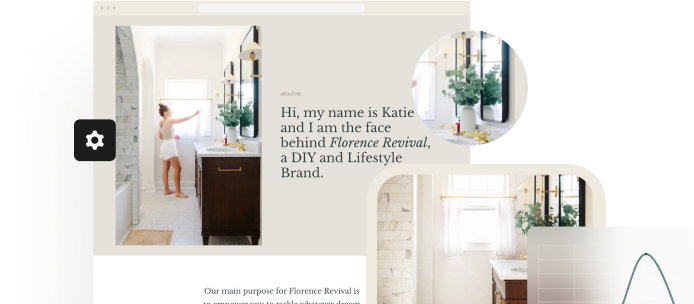Bloggers, writers, poets, photographers, and other types of content creators sometimes have their content unlawfully copied and reproduced without permission. We understand the value of intellectual property, and will take immediate action to ensure your rights are protected should the culprit be a site hosted on WordPress.com. However, if the subject of the complaint is on a website hosted elsewhere, we will be unable to take any direct action. It is important for you, as a WordPress.com blogger, to understand the possible course of action that you can take in order to protect your copyrights.
Keep in mind that we are unable to take action if the allegedly infringing content is hosted elsewhere (i.e. not on WordPress.com).
Here are the appropriate steps that you may take to file a DMCA notice, should you determine that your copyrighted content has been used in an unauthorized manner.
- Determine which content has been stolen.
- Confirm the use of your material is not fair use.
- Attempt to contact the site owner to request the removal of your content.
- Determine if the site is hosted at WordPress.com.
- Compose your formal notice and send it to the host.
Is it an excerpt from one of your posts or an entire post?
Make note of the specific URLs involved: the URLs containing the copied material (the infringing URLs), as well as the URLs containing your original material if available (your own URLs).
There are fair use principles that must be considered as the law permits certain uses of material without express permission.
For instance, if a site has posted commentary on one of your writings or articles (much like a book or film review), you may not want to proceed with submitting a DMCA notice. You are required to give consideration to whether a use of material is fair before submitting a takedown notification, as a result of the decision in Lenz v. Universal:
https://www.eff.org/press/releases/important-win-fair-use-dancing-baby-lawsuit
Please note that WordPress.com support staff will not provide any sort of legal advice regarding what may and may not be considered copyright infringement.
We recommend this as your first course of action, but we recognize that it doesn’t always work. The owner of the infringing site might not display contact information, or they might ignore your requests.
If you see a link that reads “Blog at WordPress.com” in the footer of the site (linked to http://wordpress.com), this normally means that it is hosted here.
Also, if you are logged into WordPress.com, you will see a black admin bar at the top of your screen when viewing other sites hosted on WordPress.com.
Remember, sites using the WordPress.org software are not hosted by WordPress.com. Find out more about the differences between WordPress.org and WordPress.com.
When you submit a DMCA notice to a web host (WordPress.com or elsewhere), the person who published the reported materials has the right to review the notice in its entirety.
Please note that any infringement notices submitted via our DMCA takedown or trademark infringement processes may be forwarded to the party that made the content available, or to third parties such as Lumen.
Understand that when you submit a DMCA notice to a web host, they forward it in entirety to the owner of the specific blog/site publishing the reported materials, including any contact information you provide.
We recognize that you may not always be comfortable divulging your contact information to the user you’re filing against. In these instances, you can appoint an agent to submit the DMCA notice on your behalf. You can appoint anyone as the agent (lawyer, copyright consulting firm, colleague, friend, family member, etc.); make sure that they provide valid contact information and identify you as the copyright holder they’re representing.
If the user believes they have legal right to distribute or publish the reported materials and that they were wrongly removed, they might file a DMCA counter notice. Unless you bring a lawsuit within 10 business days, the host or service provider is required to restore the material. You can review further information regarding counter notices and the restoration procedure at Lumen.
If the allegedly infringing material is hosted at WordPress.com, you can use our DMCA takedown notice form that will help you provide all of the required information.
For sites not hosted at WordPress.com, if you aren’t sure how to compose a DMCA takedown notice, our form is a great place to start.
